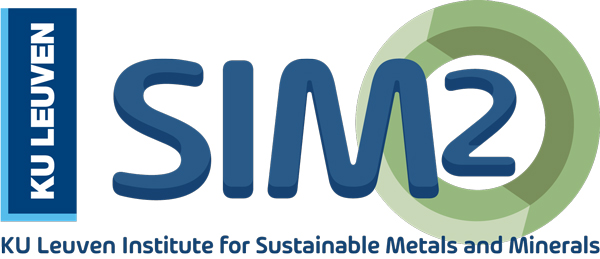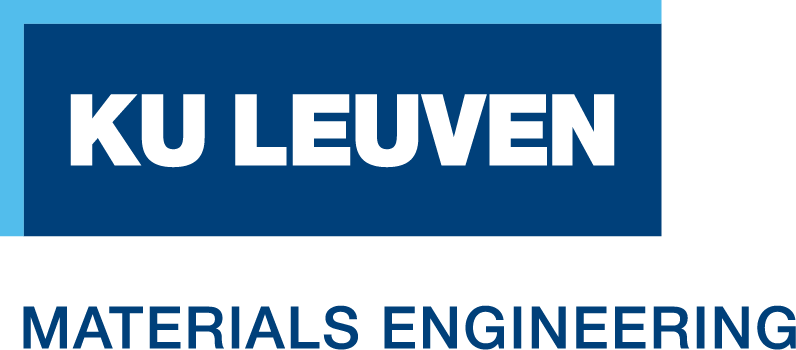Organisers
KU LEUVEN
KU Leuven provides high-quality education and fosters critical thinking and creativity through innovative research. As a leading research university, KU Leuven is committed to advancing scientific knowledge and technological innovation across a wide range of disciplines. It actively engages in international research collaborations with universities, research institutions, and industry partners worldwide, enhancing the global impact of its research.
SIM² – KU LEUVEN Institute for Sustainable Metals and Minerals
SIM² is a prominent research institute within KU Leuven, focusing on the sustainable management of inorganic materials. SIM² aims to develop and implement sustainable technologies for the extraction, recycling, and management of inorganic materials. This involves minimising environmental impact and promoting the efficient use of resources throughout the entire lifecycle of materials.
SIM² aligns with KU Leuven’s mission by advancing scientific knowledge and technological innovation in the field of sustainable materials management. Its research contributes to environmental sustainability, resource efficiency, and the development of a circular economy, reinforcing KU Leuven’s commitment to societal and environmental responsibility.
For more detailed information, you can visit the SIM² KU Leuven website.
Department of Materials Engineering (MTM)
MTM focuses on the development, characterisation, and application of advanced materials. It promotes the circular economy by developing recyclable materials and assessing environmental impacts.
The research activities at MTM are divided in three divisions:
- Structural Composites and Alloys, Integrity and Non-destructive Testing
- Surface and Interface Engineered Materials
- Sustainable Materials Processing and Recycling
The research at MTM contributes to the development of materials and processes which will co-shape the future. Examples are new or improved recycling processes, biodegradable composites, materials for lithium ion batteries, sensors based on functional materials, …
More information about the department of Materials Engineering can be found here.
SUPPORTED BY
The Iron Steel Institute of Japan
The Iron and Steel Institute of Japan, well known as ISIJ, was established in 1915, and currently consists of over 8000 individual members and about 170 sustaining members (companies and organisations). Since its establishment, ISIJ has been engaged in activities related to iron and steel and related fields, focusing on (1) the combination of academics and technology, (2) the combination of steel companies, (3) the combination of industry, government and academia, (4) the combination of iron and steel with other fields, and (5) the combination of Japan and overseas.
For further detail, please visit the website of ISIJ.



